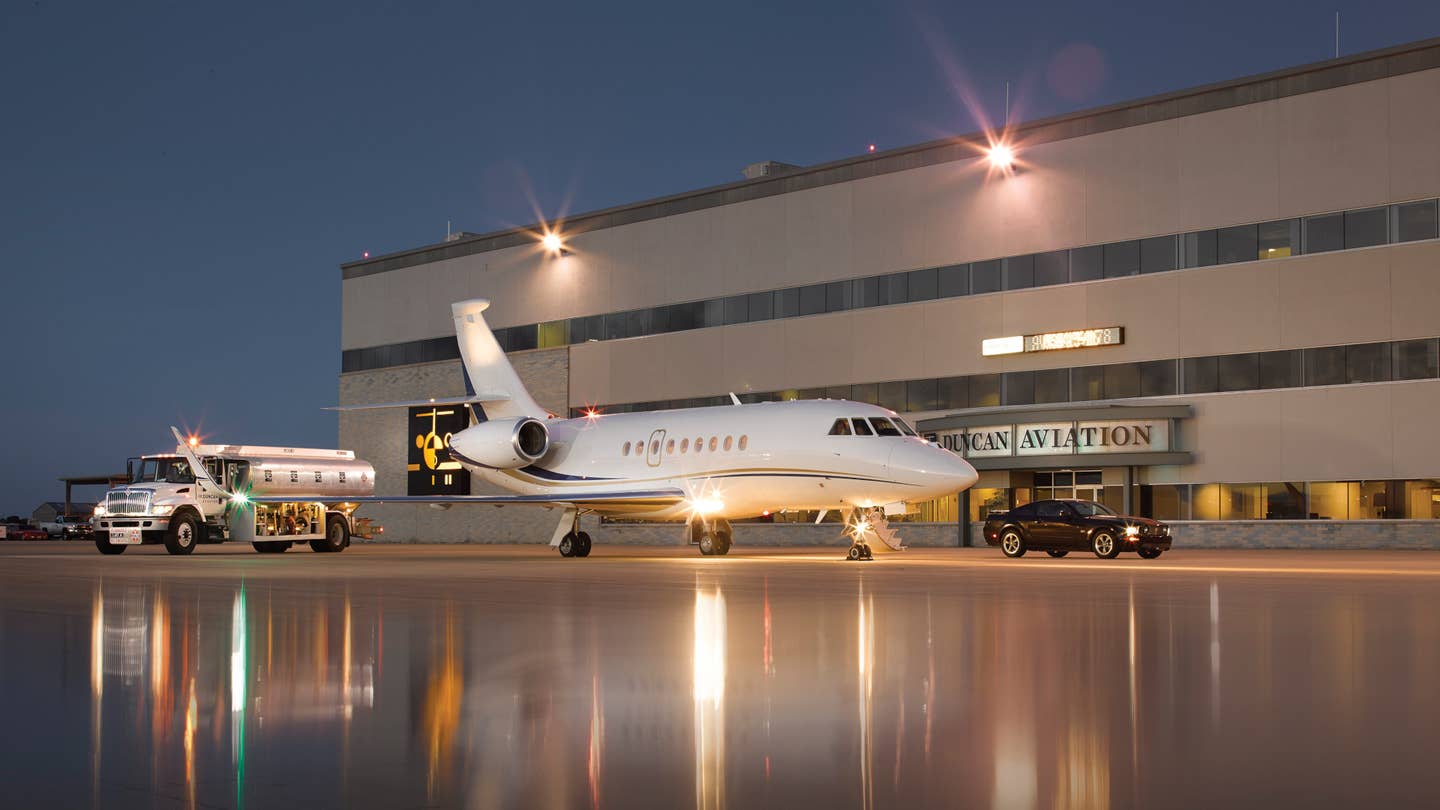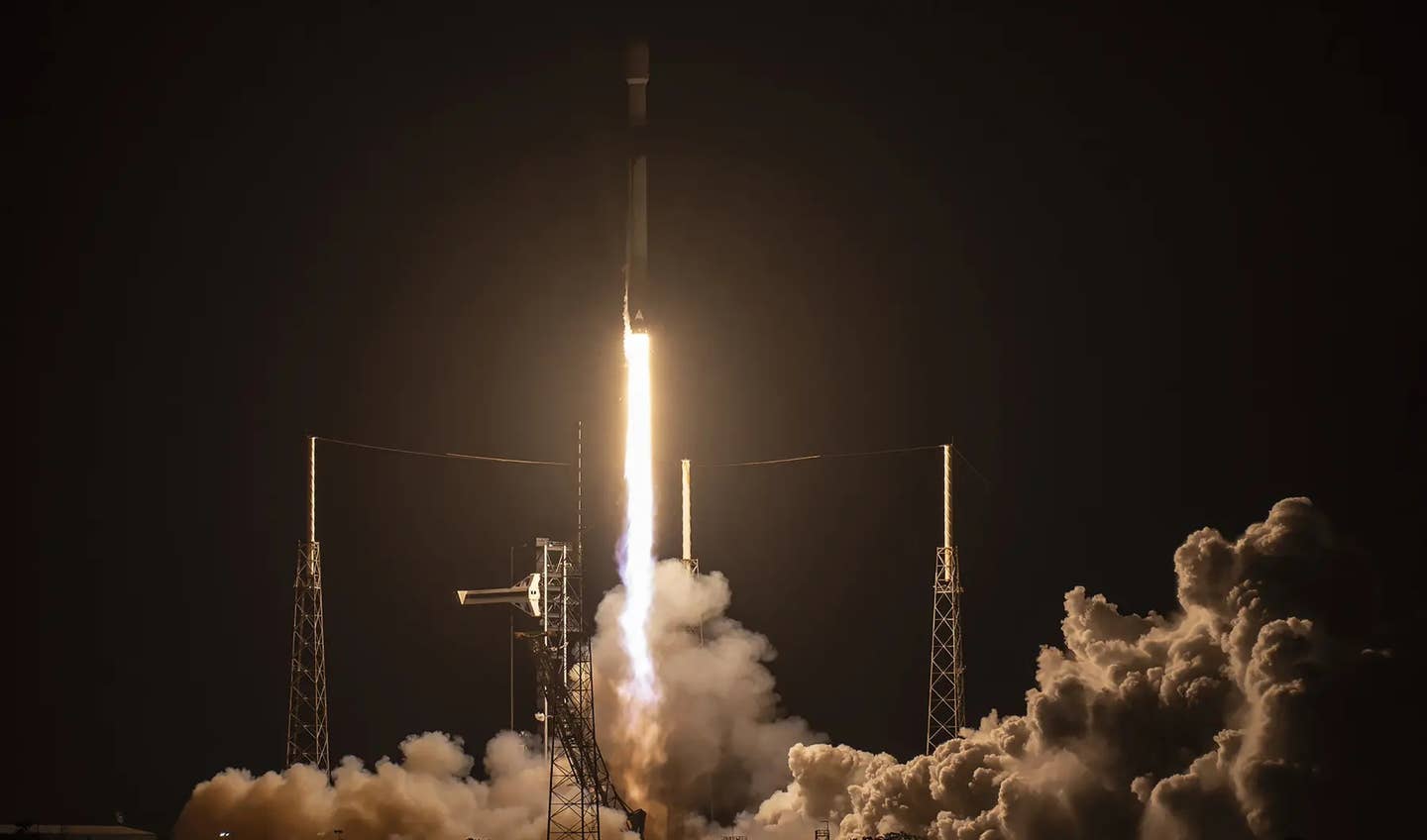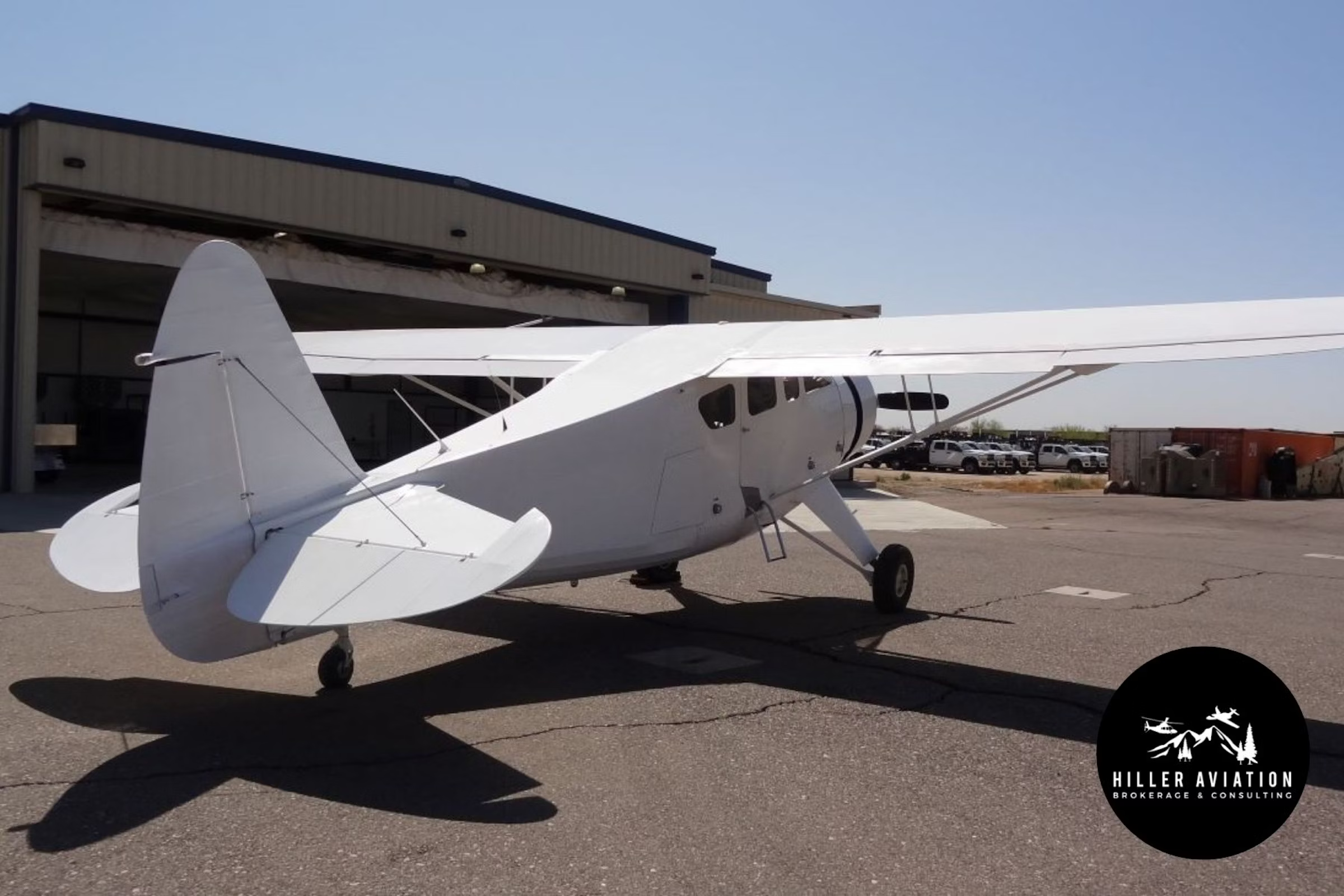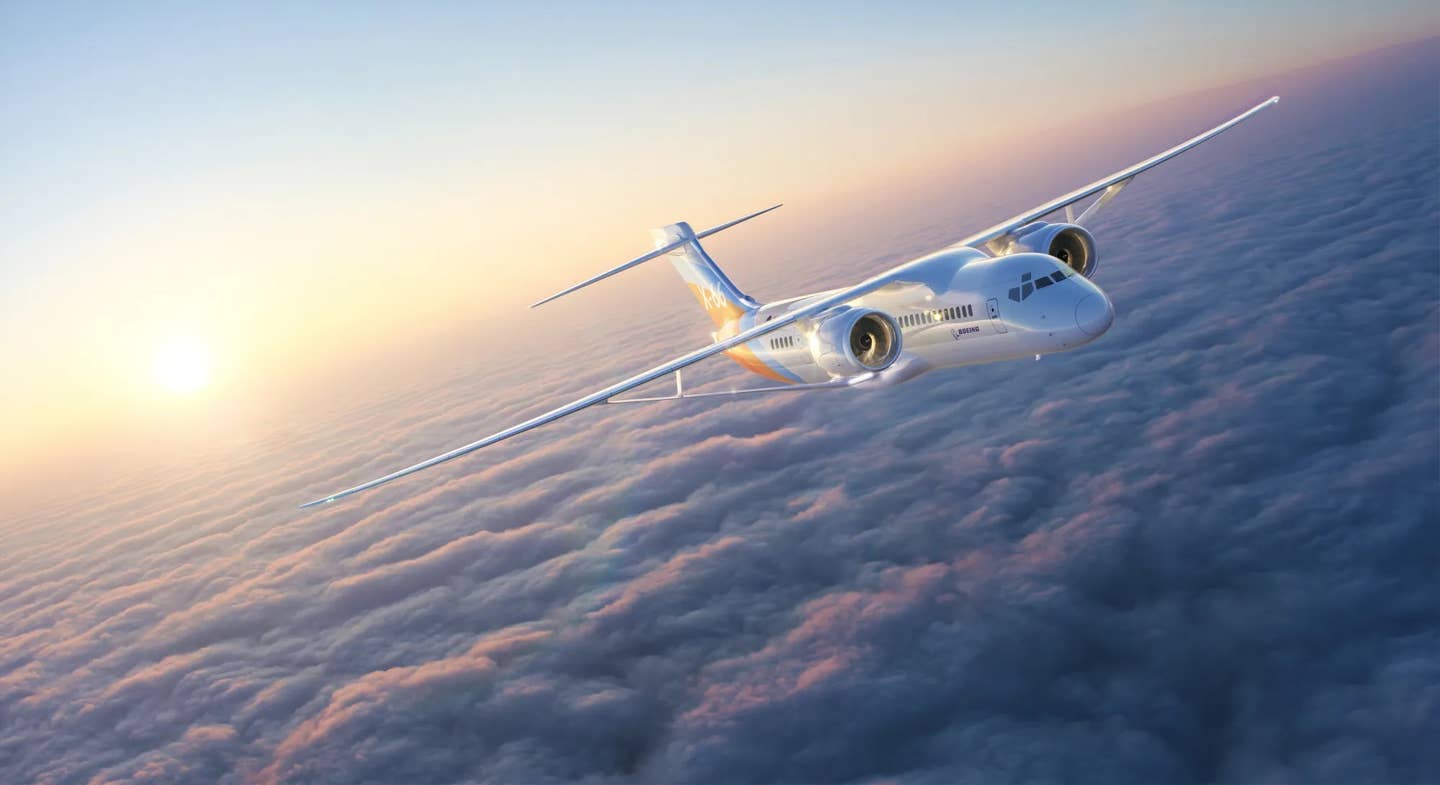Drone Park Planned for Battle Creek Executive Airport to Receive $7M in State Funding
The 200-acre site will support urban and advanced air mobility manufacturing, operations, maintenance, repair, training, and more.

Duncan Aviation’s maintenance hub at Battle Creek Executive Airport. [Courtesy: Duncan Aviation]
California has Silicon Valley. North Carolina has the Research Triangle. And soon, Michigan will have MICH-AIR.
In development since 2018, the proposed 200-acre “drone park” now looks like a sure thing after Battle Creek Unlimited (BCU), the nonprofit business and economic development arm for the city of Battle Creek, received a $7 million allocation in the state’s 2024 budget. Now, the site at 97-year-old Battle Creek Executive Airport (KBTL) could serve as a hub for the emerging advanced air mobility (AAM) industry.
While billed as a drone park, MICH-AIR will host unmanned aerial systems (UAS) like drones as well as electric vertical takeoff and landing (eVTOL) aircraft. Marketed as a site for drone and urban air mobility (UAM) manufacturing, operations, maintenance and repair, and training, the facility should create plenty of opportunities for innovation—and economic growth.
“MICH-AIR will put Battle Creek and Michigan at the forefront of the advanced air mobility sector,” said Joe Sobieralski, BCU president and CEO. “This industry is rapidly expanding, and this project will have a transformative impact on our community. It will bring a new, high-tech industry to Battle Creek which will create hundreds of high-paying jobs.”
BCU will use the state’s money to upgrade the airport’s airspace surveillance system in anticipation of greater traffic. It previously had a bid for Build Back Better funding rejected, which would have greatly accelerated the project timeline. But the corporation has so far poured $3 million into preparing the site, acquiring land for a new entrance, developing engineering plans, and conducting an environmental analysis.
The facility is further expected to require a new multitenant hangar and training facility, upgraded utilities, and leveling and grading on the 200 acres of land set aside for the project.
Drone parks are not uncommon. Most are geared toward recreational flyers and research opportunities. MICH-AIR, though, is eyeing large companies seeking business opportunities, rather than drone hobbyists.
“At MICH-AIR, we will be targeting large aviation and defense manufacturers, which are developing next generation aircraft,” Sobieralski said. “These could be used for transportation, cargo delivery, border surveillance, spraying crops, or firefighting. There are all kinds of applications for both civilian and military use. Our goal is for MICH-AIR to be a leader in the emerging sector.”
It’s unclear whether BCU will turn MICH-AIR into an FAA UAS test site, an FAA-Recognized Identification Area, or some other agency-designated zone. But doing so could expand the kinds of activities permitted at the site, such as beyond visual line of sight (BVLOS) flights.
BCU did not immediately respond to FLYING’s request for comment.
Scoping Out the Site
The MICH-AIR project traces its roots back to 2018. That year, BCU earned a $150,000 Defense Industry Growth Area contract from the Michigan Defense Center to determine if KBTL would be an attractive location for drone companies looking to set up shop.
One of the state’s busiest airports, KBTL has a main runway measuring over 10,000 feet and a parcel of unused land that would be “ideal for drone operations,” per BCU. The airport serves as the headquarters for airplane manufacturer WACO Aerospace and a maintenance hub for business jet service provider Duncan Aviation.
Further, KBTL is home to Western Michigan University’s College of Aviation, which offers degree programs in aircraft maintenance and aircraft and airport operations. The Michigan Air National Guard’s 110th Wing, which has its own remote drone operation, also has a base at the airfield.
The airport is adjacent to Fort Custer Industrial Park, a BCU-owned, 3,000-acre facility hosting 90 companies and more than 30,000 employees.
Ringing in the New Guard
MICH-AIR promises to expand Michigan’s role within the AAM industry, with the hopes of developing a Silicon Valley-like hub for emerging aviation technology. The project is one in a series of initiatives embraced by the state.
To the north, the Michigan Department of Transportation is partnering with the Canadian province of Ontario on a feasibility study to explore the concept of a “commercial drone highway.” The project includes a 40-mile air mobility corridor that will enable activities, such as BVLOS flights, to explore potential applications such as just-in-time delivery or medical transport.
More recently, the state awarded a contract to autonomous delivery company MightyFly. The agreement calls for it to conduct a first-of-its-kind public demonstration in 2024, using its autonomous, fixed-wing eVTOL to deliver 100 pounds of cargo. The company has reportedly begun talks with potential business partners, with an eye on expanding into Michigan.
But another UAS firm has already ironed out an agreement. In March, drone delivery provider Zipline agreed to fly prescriptions to patients’ doorsteps for local healthcare provider Michigan Medicine. Expected to launch in 2024, the service could double the number of prescriptions the company fills each year.
Like this story? We think you'll also like the Future of FLYING newsletter sent every Thursday afternoon. Sign up now.

Sign-up for newsletters & special offers!
Get the latest FLYING stories & special offers delivered directly to your inbox






